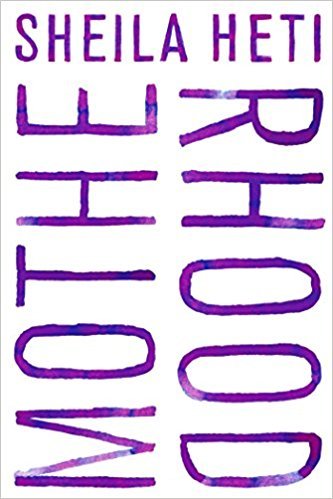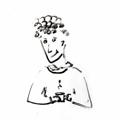ralentina reviewed Motherhood by Sheila Heti
A book I have loved to hate
3 stars
I rarely enjoy hate-reading, but in this case I did. In the process, I formulated a theory: there are two ways to engage with this book. Some women will relate to Heti's anxiety and nagging doubt, recognising her fear and frustration as their own. It is something powerful when a book can give voice to your experience and by critiquing the book I don't mean to say that there is anything wrong with that experience. But, since I didn't relate in that way, I have processed her writing on a more analytical level. And, for the most part, I found it outraging. So much so that I started a note on my phone titled: Grudges against Sheila. Here we go:
It is true that motherhood has become more of a choice, and that when this choice is taken away from women, their freedom suffers. BUT, I object to the sentiment …
I rarely enjoy hate-reading, but in this case I did. In the process, I formulated a theory: there are two ways to engage with this book. Some women will relate to Heti's anxiety and nagging doubt, recognising her fear and frustration as their own. It is something powerful when a book can give voice to your experience and by critiquing the book I don't mean to say that there is anything wrong with that experience. But, since I didn't relate in that way, I have processed her writing on a more analytical level. And, for the most part, I found it outraging. So much so that I started a note on my phone titled: Grudges against Sheila. Here we go:
It is true that motherhood has become more of a choice, and that when this choice is taken away from women, their freedom suffers. BUT, I object to the sentiment that everything that demands our time and attention is a threat to our freedom. Caring for others - whether children, parents or friends - does not make us less free. We should demand a more balanced distribution of the caring load - a theme Heiti almost entirely avoids - not to be granted to responsibility not to care.
I dislike the parallelism between art and children that she threads through the book. First, if being an artist is incompatible with being a mother is not, or at least not mainly, because art requires more of your soul than other jobs. It is because it's a precarious occupation, where you're paid by your output and have no benefits. There are more and more jobs like that, which are similarly hard to combine with motherhood. It's called a neoliberal job market and we should all try to point that out, and insist on alternatives, please. More importantly, I find it very problematic that she sees (her) works of art as equivalent to having a child in that they both are something that gives meaning to life and adds worth to the world. Leaving aside that it doesn't bode well for her as a perspective mother, it implies that women need to have 'a good reason' not to have a child - as if artists were more entitled to make that choice than plumbers.
Both Heiti and her partner are very blind to their privilege as a straight white couple with a lawyer income, with Miles winning the insensitivity award 2018 for envying older gay couples for not having been judged for not having children.
Miles overall comes out pretty badly from the book. Unintentionally, I believe. He avoids having a frank conversation about what seems like a key decision to be taken together, preferring instead to use some dubious tactics (you'll never be a great writer if you become a mother) to dissuade Heiti. Also, he invariably gets angry when she cries - which brings me neatly to the next point.
There is a hint to the fact that Miles may be sweeter and more supportive than the narrative suggests, but that Heiti is blinded by her own depression, which, following her menstrual cycle, grows, lessens and grows again. This depression may also explain why she seems incapable of action (the two instances in which she DOES something - goes on a walk and to the beach - are high points in her life, by her own account), stuck in her mind, prone to feeling like the world is against her. To me, this is an interesting theme, which intersects with the biological urge to mother that women tend to experience in their 30s. How much are our body dictate how we feel? But, Heiti is not THAT interested in it: towards the end, she goes on medication and quickly resolves that that's the way to go: screw those initial reflections on how pain is part of life, give me antidepressants! (for the records, I don't object to antidepressant).
Finally, there is motherhood - not only her complex feelings towards mothering children, but also her relation to her mother, which emerges as the fundamental reason why she is 'not destined' to be a mother. Again, this was an interesting point, but one that I wish was more elaborated. Her mother's character comes across as a distant figure about whom we know very little, aside from her Jewish background. Probably, that's because she was a distant mother who remains a mystery even to her own daughter. We come to know very intimate details about Miles, his thoughts and sexual acts - but very little about her mother. There seems to be something missing here, since motherhood is THE key theme.<
Clearly, for all its faults, it has been for me, as a woman in her 30s, a thought-provoking book.

